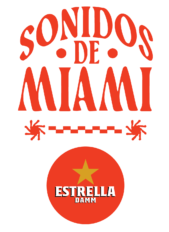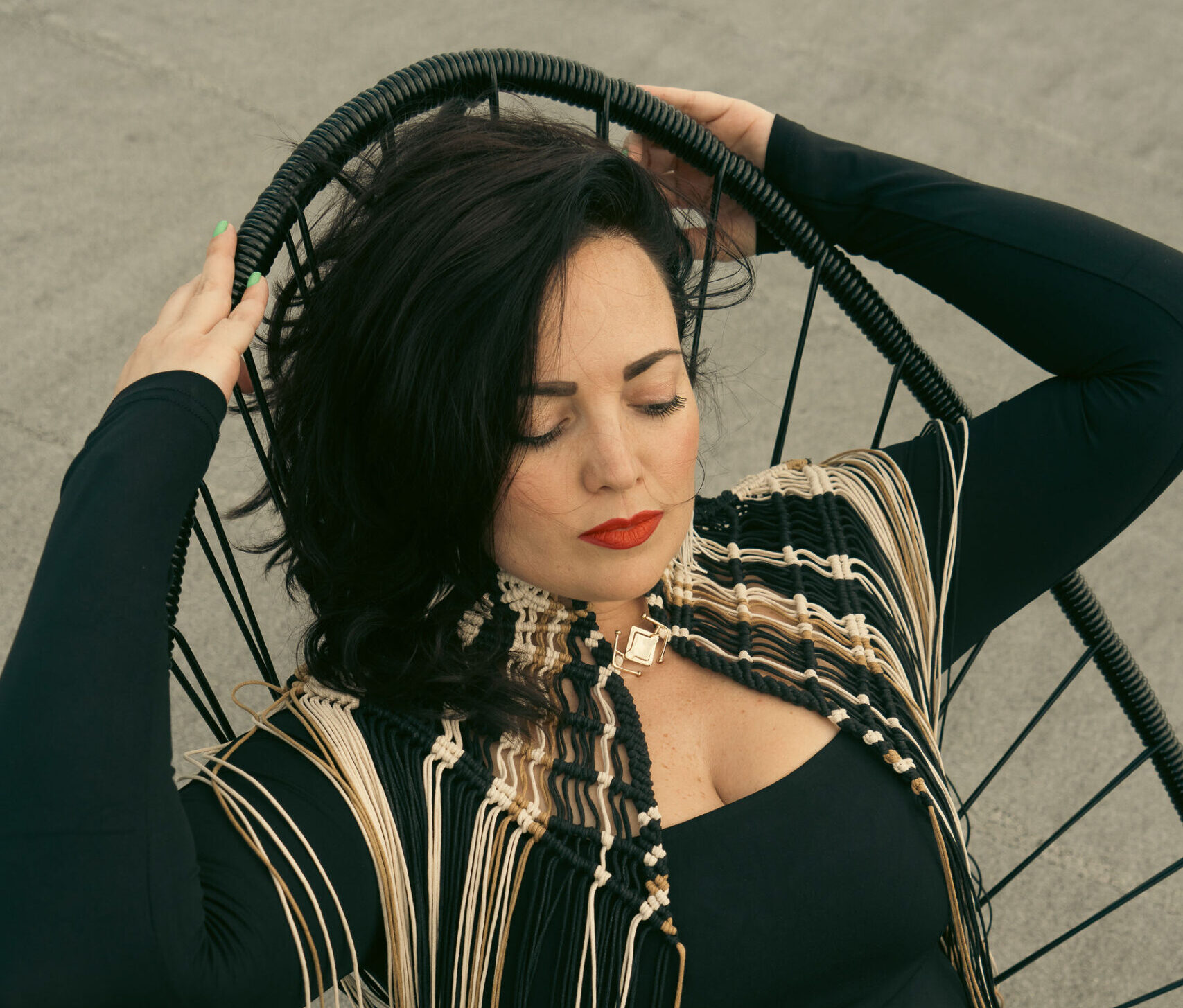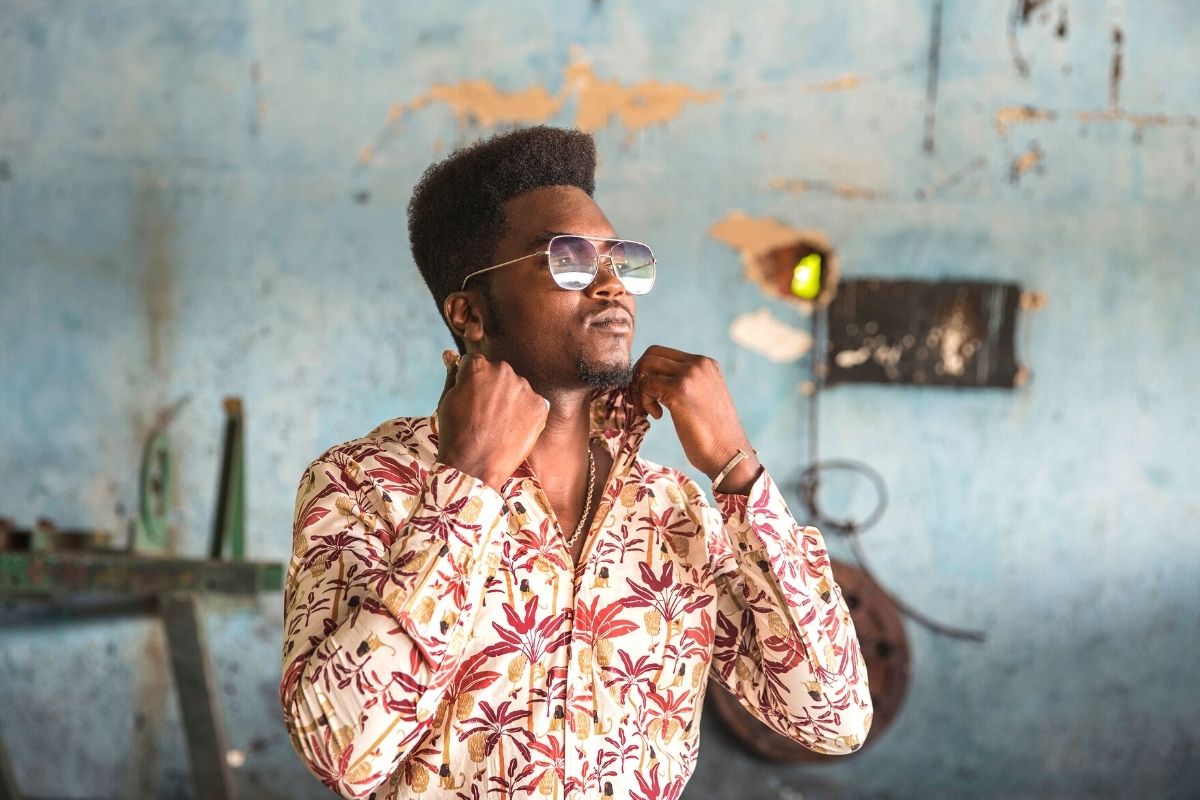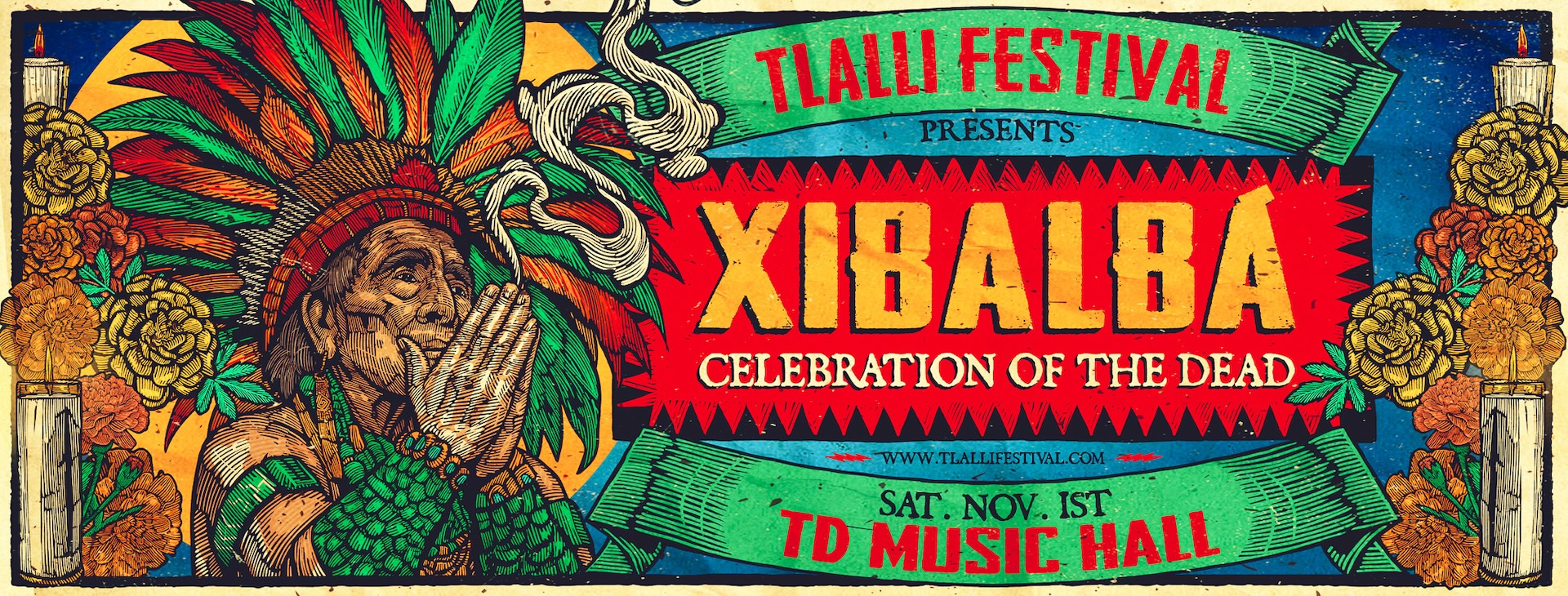 Long before ever touching US soil, this American dream was born in Havana. Edgar Gonzalez, aka Garo — the talented DJ, producer, emcee, and sound architect—always knew music was his calling. There was no Plan B. His sonic path was forged in the thick of Cuba’s underground hip-hop scene, in the neighborhoods where vinyl and turntables were the passports to other worlds, and where music was the only real currency that mattered.
Long before ever touching US soil, this American dream was born in Havana. Edgar Gonzalez, aka Garo — the talented DJ, producer, emcee, and sound architect—always knew music was his calling. There was no Plan B. His sonic path was forged in the thick of Cuba’s underground hip-hop scene, in the neighborhoods where vinyl and turntables were the passports to other worlds, and where music was the only real currency that mattered.
Ahead of his vibrant DJ set for Noche Negra’s ‘De Cuba Para el Mundo’ at Tonal, Tigre Sounds caught up with Garo in CDMX to hear the story behind his sound — one that proves that his rising success is no accident, but a reflection of resilience, deep cultural roots, and an unshakable, vibrating love for music.
From a young age, as hip-hop’s influence crept through the edges of a closed Cuba, Garo stood at the crossroads of rhythm and resistance, soaking up everything from Alamar’s grassroots cyphers to the influence of soul-shaking emcees whose sounds would infiltrate the island—legends like Tony Touch, Common, Talib Kweli, Mos Def and Erykah Badu. This influence inspired Garo’s early rap duo Doble Filo, who would go on to become a key fixture in Havana’s underground rap scene. Beyond the music itself, what shaped Garo’s view of the world were the powerful women who guided him—his “Black Panthers of Cuba,” as he calls them—who taught him to question, to think, and to see beyond the veil. “If it wasn’t for them, I wouldn’t be sitting here speaking to you right now,” he reflects.
Now based in Brooklyn, New York, Garo continues to push boundaries—not only as a DJ and producer but as a living bridge between Cuba’s raw musical roots and global soundscapes. Still, he remains deeply connected to Havana, traveling often and staying close to the communities and cultures that shaped him. Whether behind the decks at a vinyl party in Brooklyn or collaborating with artists worldwide, Garo carries Cuba in every beat, every sample, every story he tells. “No matter where I am, the flag is always there. I’m always repping my island.”
It was that commitment that eventually led to Luchando Music, his own independent label—a platform born from the fire of resistance and creativity that Garo has carried since those early days in Havana’s hip-hop scene. “Whatever we do, we’re always luchando”, he says. Throughout his career, Garo has been inspired to support a new wave of Cuban and Caribbean artists such as Dayme Arocena, Cimafunk, Pedrito Martinez and more, to get their music into the world—on vinyl, for DJs, for collectors, and for the people. This vision for Luchando is simple but powerful: to create the “temples” that he and his generation always dreamed about but didn’t inherit. “If we don’t build them now, the next generation will look at us like, ‘What did you do with your time?’” he reflects.
But even as Garo found himself walking the halls of one of America’s most prestigious music schools, the journey wasn’t just about personal success. It was a collective victory—shared by his peers back home, fellow artists and musicians who celebrated every step he took. “When one of us got a scholarship, it felt like we all made it. It was like, yo, someone from the ‘hood made it to Berklee!” he recalls with pride. His path, though singular, carries the weight of a community that raised him, and the promise to keep representing Cuba everywhere he goes.
After Berklee, Garo’s journey was far from over. It was only the beginning of a deeper transformation—one that would take him to New York City, a place that both tested and affirmed his belief in himself. “New York was like a mirror,” he reflects. “A place where it doesn’t matter who you are—if you’re gonna do something, you have to bring it.” Without family, without a safety net, Garo hustled his way through the city, DJing any gig he could find, learning the subtle alchemy of reading a crowd—whether in a downtown club or an uptown bar. It was here, in the sprawling soundscape of New York, that Garo refined his ear, figuring out how to connect with people of all backgrounds while holding on to his own story.
Garo never let New York distract him from his roots. “I always had this rule,” he says firmly, “If I ever have to live a life here that isn’t an artist’s life, I’ll go back to Cuba. Being an artist is the only way for me.” And perhaps even more importantly, Garo made a silent vow to himself— “I didn’t want to become a tourist to my own culture, so I always went back to Cuba,” he says.
Now based in Brooklyn, New York, Garo continues to push boundaries—not only as a DJ and producer but as a living bridge between Cuba’s raw musical roots and global soundscapes. Still, he remains deeply connected to Havana, traveling often and staying close to the communities and cultures that shaped him. Whether behind the decks at a vinyl party in Brooklyn or collaborating with artists worldwide, Garo carries Cuba in every beat, every sample, every story he tells. “No matter where I am, the flag is always there. I’m always repping my island.”
It was that commitment that eventually led to Luchando Music, his own independent label—a platform born from the fire of resistance and creativity that Garo has carried since those early days in Havana’s hip-hop scene. “Whatever we do, we’re always luchando”, he says. Throughout his career, Garo has been inspired to support a new wave of Cuban and Caribbean artists such as Dayme Arocena, Cimafunk, Pedrito Martinez and more, to get their music into the world—on vinyl, for DJs, for collectors, and for the people. This vision for Luchando is simple but powerful: to create the “temples” that he and his generation always dreamed about but didn’t inherit. “If we don’t build them now, the next generation will look at us like, ‘What did you do with your time?’” he reflects.
Luchando Music isn’t just a label—it’s a movement, a community space, and a home for the next chapter of Cuban music. Right now, the first phase of Luchando Music is focused on reissuing rare recordings — some nearly impossible to find and others never released — as they specialize in collecting reel-to-reel tapes from that era.
The label’s focus is on making Cuban and Caribbean music, primarily from the 60s, 70s, and 80s, DJ-friendly. Luchando’s first release is what in the U.S. would be called Cuban funk from the ’70s, and highlights versions that DJs can actually play — sometimes creating subtle ‘invisible edits’ to make them more usable in modern sets. So, the label’s first stage is all about music for DJs and collectors and the hope is that, as it grows, it’ll also be able to release music from breakthrough artists like Cimafunk, Pedrito, and Daymé. Part of that vision has come alive in the Luchando Block Pari, a gathering that reflects Garo’s belief in music as a force to unite and heal. The block party is a place where vinyl meets rumba, where salsa and rap share the same speakers, and where every record spun is a piece of the living, breathing story of Cuba and its diaspora. By bridging Rumba and Cuba’s traditional genres like Changüí with Caribbean and global sounds, especially those shaped by Afro-Caribbean and Latin American influence, Garo wants to offer younger generations a new musical experience beyond what they hear every day. Powerhouse DJs like Rich Medina, AfroQbano, Mickey Pérez, and Garo himself reinterpret these rhythms in their own unique ways yet every edition opens with a live Rumba performance, honoring the roots and showing how this music vibrates within today’s global vinyl culture.
Throughout Garo’s journey, there are moments that stand like pillars—defining not only his career but his very identity as an artist. One of those moments came when he stood before his peers at Cuba’s underground hip-hop awards, Puños Arriba, walking to the stage five times in one night, recognized by the very community that raised him. In a scene where respect is earned and never given, being honored by the best rappers in Cuba—artists he still calls some of the greatest in the Spanish-speaking world—was a moment of validation that still lives in his bones. “Going up that stage five times, in front of all my peers—that was big,” he reflects. “These are people who don’t care about politics, just the music, and for me, that meant everything.”
Garo also had the opportunity to cross paths with legendary soundmaker Gilles Peterson. Gilles wasn’t there as a typical industry producer but as a true music lover. He wanted to see the raw reasoning behind a specific beat that caught his ear. That’s what touched Garo—seeing someone who came to Cuba not for the industry hype but out of a real love and deep knowledge of music and production. So Garo happily opened up his MPC and showed Gilles how he chopped the sample, wrote the bassline, and built the track. That authenticity meant everything to him. These experiences, though different, share one thing in common: they remind Garo that his mission has and always will be to fight for and elevate the cultural sounds of Cuba.
A guiding light has been Rich Medina, the iconic Miami-based DJ whose influence runs deep in the global vinyl and Afro-diasporic music scene. Garo credits Medina’s wisdom and approach to DJing as a force that continues to shape his vision. And now, as part of Miami Music Week, Garo will bring all of these threads together in a rare live vinyl set at Dante’s Hi-Fi, alongside Rum & Coke, for Sonidos de Miami—a night that will no doubt become part of the city’s sonic history.
Still, Garo remains grounded in the ethos that first pulled him into music—the idea that artists have a responsibility not only to themselves but to their people. “Even though I live in Brooklyn now, I always have one foot in Cuba. I work with new genres, like reparto, which is like the rap voice of today—the voice of the streets. Even if I don’t make reparto myself, I have to know what’s going on, because that’s how I stay connected. I can’t produce Cuban music if I’m not in tune with Cuba.”
And it’s that sensitivity, connection and commitment that makes Garo’s work so essential. His music doesn’t just speak—it remembers. It holds space for the voices that history tries to forget and amplifies them in dance floors and through speakers around the world. Whether through the deep grooves of a vinyl record, the pulsating beats of a Brooklyn club set, or the raw energy of a Havana block party, Garo is writing a love letter to Cuba—one beat at a time.
For those eager to experience Garo’s world in real time, an upcoming special night in Miami will bring all of these elements together — a living, breathing testament to his vision. The evening will open with a Radio Karibe Listening Session, giving the audience a first listen to unreleased and never-before-heard Cuban music from Garo’s vital new imprint, Luchando Music. From there, Garo will take the night into full flight, connecting the dots between Afro-Cuban roots and the sounds of the diaspora — moving through Latin funk, salsa, disco, rumba, jazz, and everything in between. Closing out the night, the beloved Rum & Coke crew will guide dancers through one final journey across the sonics of the tropics. Don’t miss this powerful celebration of sound, story, and resistance — reserve your spot here.
Photos by El Rey de Aragon and Anyelo Troya.








